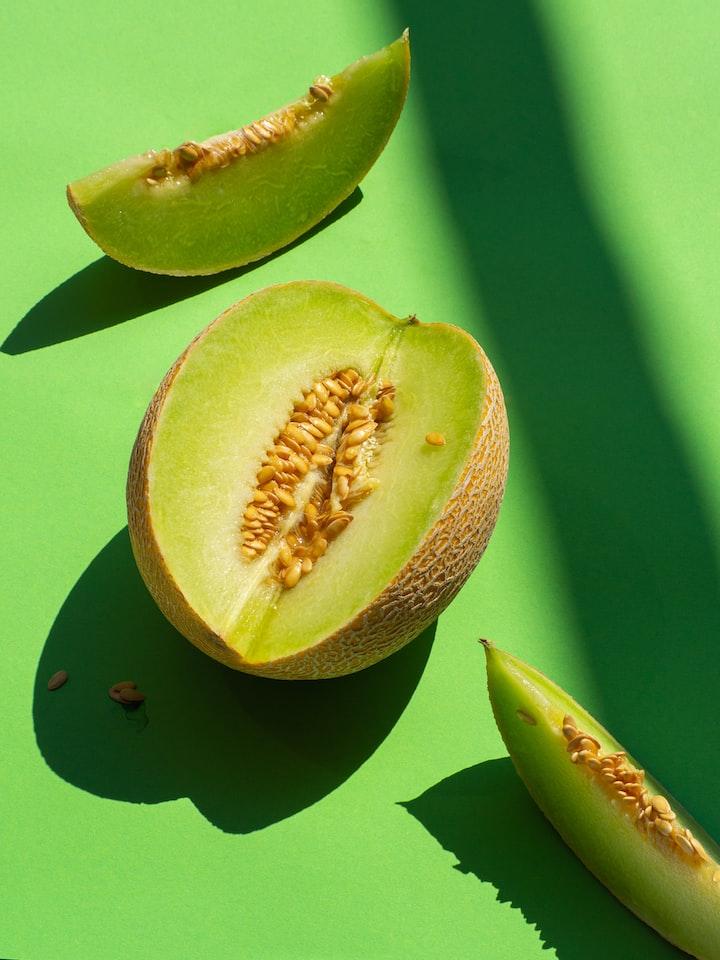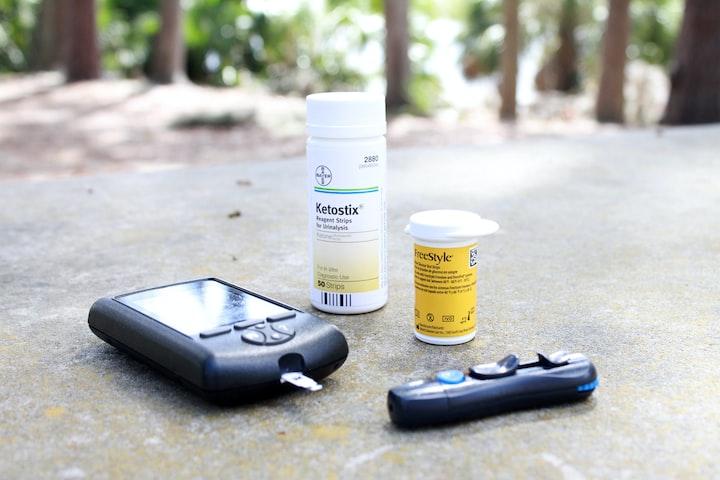This Pizza Topping Is Healthy and Delicious!
There are many different types of fruits, and each one has different benefits for hormone health. Here are some of the best fruits for hormone balance:
1. Avocados: Avocados are rich in healthy fats that help to promote hormone production and balance. They also contain vitamins B6 and E, which are essential for healthy hormone function.
2. Berries: Berries are packed with antioxidants that can help to protect against hormone-related damage. They also contain phytonutrients that can help to promote hormone health.
3. Citrus fruits: Citrus fruits like lemons and oranges are rich in vitamin C, which is necessary for the production of hormones. They also contain bioflavonoids, which can help to regulate hormones levels.
4. Figs: Figs contain high levels of zinc, magnesium, and calcium, all of which are necessary for healthy hormone function. Additionally, they contain compounds that can mimic the effects of estrogen in the body, making them helpful for balancing hormones levels.
Read More »This Pizza Topping Is Healthy and Delicious!






